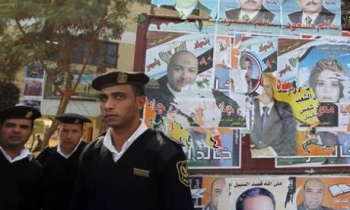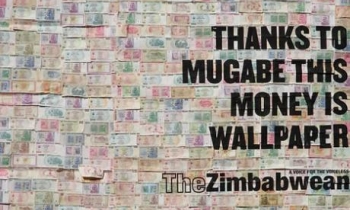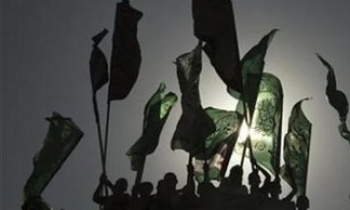Paris-based press freedom group Reporters sans Frontières (RSF) has condemned the police violence to which 15 journalists were subjected while covering the three days of demonstrations in the capital that began on May 5. Making no attempt to distinguish between protesters and media personnel, the police roughed up reporters, carried out arrests and confiscated or smashed equipment.
“The use violence against journalists by the police in recent days is like a bad memory,” RSF secretary-general Jean-François Julliard said. “It is as if the old methods were back just four months after President Zine el-Abidine Ben Ali’s fall. We urge the transitional government to investigate these incidents and to give the security forces clear orders to put a stop to such practices.”
Dozens of journalist took to the streets of Tunis Monday in response to an appeal by the National Union of Tunisian Journalists to defend press freedom and prevent any return to the practices of the past. The union said the aim of the violence by the police was to prevent the media doing their job and deny the public’s right to information.
One of the worst cases of violence involved Abdelfattah Belaid, an Agence France-Presse (AFP) correspondent and reporter for the French-language daily La Presse. Police chased him into the headquarters of his newspaper on May 6, beat him over the head with a metal bar and seized his two cameras and laptop.
Radio Kalima reporter Marwa Rekik had to be hospitalised after being attacked and beaten over the head by police officers while covering a demonstration on the capital’s Bourguiba Avenue on May 5.
Reuters photographer Zoubeir Souissi told Agence France-Presse that, after ordering him to stop take photos, police officers kicked and clubbed him repeatedly and one of them took his camera. He said he had to bribe the officer in order to recover his camera.
The Union of Journalists said the following journalists had also been the victims of police violence:
- Mohamed El-Hammi of the European Photo Agency
- Hassan Dridi of the Associated Press
- Hamza Elaouini of the TV news agency
- Lofti Hajji, Mohamed Amin Ben Nejma and Anass Ben Salah of Al-Jazeera
- Chaffya Ibrahim of Arabic-language newspaper Echourouk
- Houssem Hamed of privately-owned Tunisian radio station Chems FM
- Nizar Elhajbi of the French-language daily La Presse
- Ahmed Elfouli and Monia Abdallah of Hannibal TV
- Massoud Kawach of Arabic-language newspaper El-Sahafa
The interior ministry apologised on the evening of May 6 “to the journalists and citizens who had been unintentionally attacked.” AFP quoted a government source as saying some of the police officers who had attacked journalists had been identified.
RSF also called on the authorities to explain the blocking of Jalel Brick’s Facebook profile since May 7 and the legal grounds given for the measure, which mention a military court. Anyone trying to reach the page from within Tunisia gets this message: “This web page has been filtered under an order from an investigating judge attached to the Tunis Permanent Military Tribunal - Tunisian Internet Agency - © 2011.” The https version of his profile is still accessible: https://www.facebook.com/jalel.brick.









